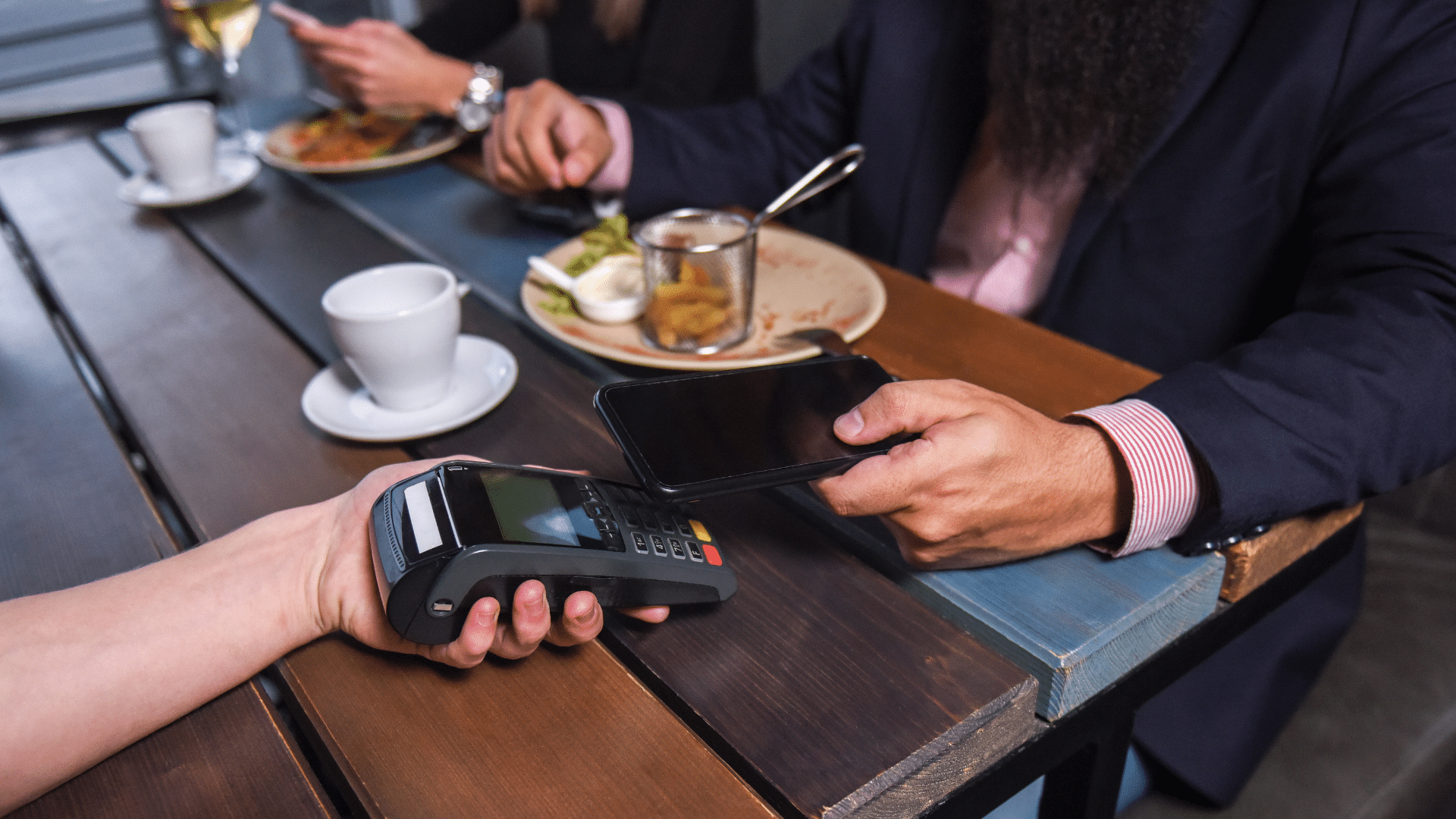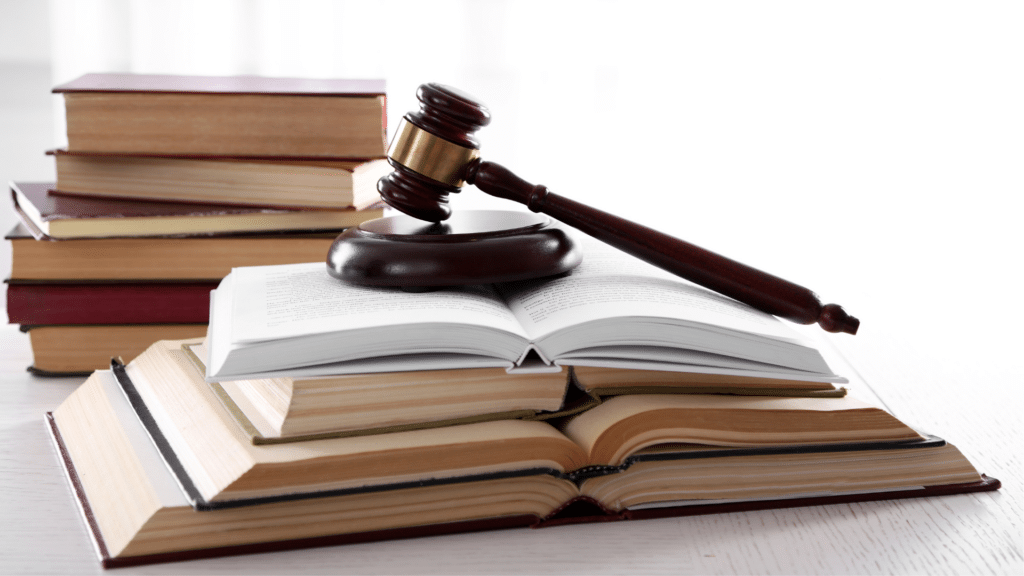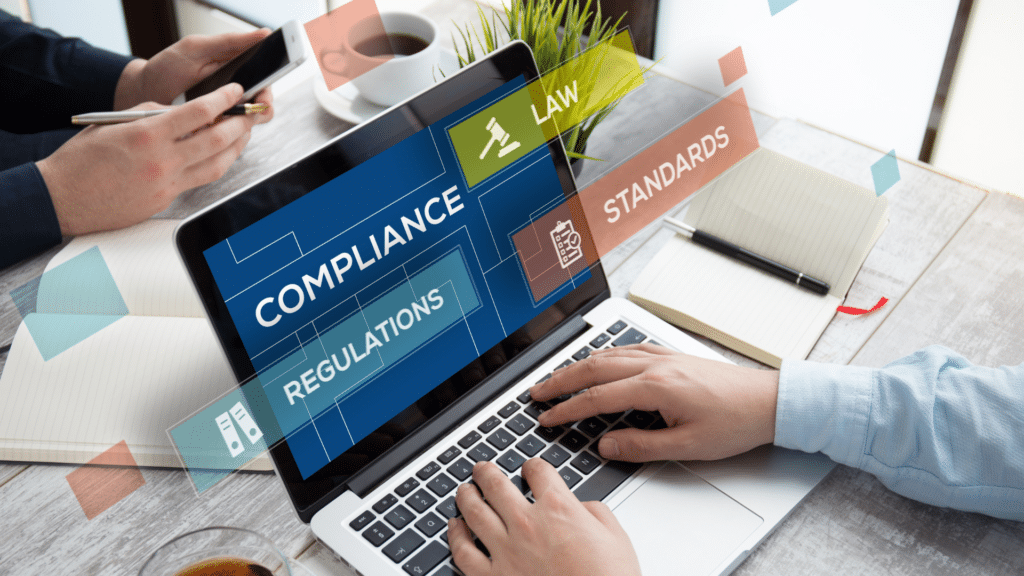
A business owner incurs various expenses that can be easily confused with personal. For example, you might use your vehicle, pay for the football game, travel to a different state, or have a meal. You incur these expenses for leisure, but sometimes, you also incur them for business. Maybe you are going to a conference, meeting a client for dinner to crack the deal, or offering to take the client to a game of basketball as a gesture to break the ice and clutch the tender.
You can deduct a meal and entertainment expense as a business expense as long as you can justify its business impact.
When Are Meals and Entertainment a Business Expense?
We only talked about expenses related to clients. However, the nature of your work determines when meals and entertainment expenses are counted as business expenses. One may be a long-haul truck driver or in logistics or courier services, where you spend most of your hours on travel. For them, even a day’s meal could be counted as a business expense. If you are a restaurant or catering service, where meals are your primary source of income, meals become a business expense.
Whenever you are determining your business expenses, ask yourself if this expense will help you earn business income directly.
Let’s consider a scenario to better understand this: John visits a client at a cafe and offers to pay for the coffee. After the visit and the client has left, he decides to stay back and complete the rest of his work, which he could have done at the office. The meal amount he paid for the visit with the client is a deductible business expense, but the amount he spent on the meal for the rest of the day is not.
Another scenario could be inviting you to a neighbourhood party and connecting with a potential client. As a gesture, you offer to buy them a drink, and the person becomes your client. While it was a personal party, the outcome helped earn business income. Hence, you could consider the cost of the drink a business expense.
It is important to critically evaluate each scenario as you must also submit documentary proof for the business expenses you claim.
How to Document Meals and Entertainment Expenses
The CRA requires you to save the receipts and tickets for all meals and entertainment expenses you incur. The receipt will prove the date, the amount, the location, and the tax paid for that expense.
But how to prove that this expense had a business purpose? For that, you have to note down the details of your meeting. You can specify at the back of the food bill the name of the people who attended, the purpose of the visit (be as detailed as possible), the name of their company and their association with your company. Sometimes, you may have a meal with a supplier instead of a client or a financer. The meeting should have one objective: Business.
Detailed information on each expense can help you convince the CRA that you speak the truth. For documentation, it is also better to have a digital backup. You can either click a photo and maintain a folder with a notes section detailing the purpose of the meeting or use documentation software suitable to your requirements.
Calculating the Meals and Entertainment Business Expenses
Once you know which meal and entertainment expense is deductible, you should know how much is deductible, or else you might splurge a huge amount. The CRA allows you to deduct only 50% of the amount paid as business expenses. This 50% rule applies to client meetings and when you travel or go to a convention, conference or similar event.
Knowing that you can only deduct 50% can help you spend carefully. However, there are exceptions to this rule. As we said before, the tax treatment depends on the business scenario.
Scenarios Where 100% of Meal and Entertainment Expenses Are Deductible
- Office party: The CRA allows you to deduct 100% of meal and entertainment costs if you organize an event or party for all your employees, not just a select team.
- Fund-raising event: If you are organizing a fund-raising event for a registered charity, the meal and entertainment expenses are 100% deductible
- You bill the client: If you add the cost of meals and entertainment to your client invoice, that amount is 100% deductible as it falls under reimbursement. For instance, if a public relations firm organizes a catered event for its client, it adds the cost to its invoice.
- Business of food and entertainment: If your business is to sell food and entertainment, like a hotel, and you give your customers breakfast or lunch, you are doing business. That is your very source of income and is a 100% business expense.
- Work camp: If you are doing an on-site project like construction and have set up a temporary work camp to provide employees with meals and accommodation, that amount is 100% deductible.
These generic scenarios help you better understand how the same expense can have different tax treatments depending on business scenarios.
Contact Ford Keast LLP in London to Help You Claim Your Business Expense
Business expenses can get subjective and leave the topic open for debate whether it is deductible. A professional accountant is well-versed in most business scenarios and can help you claim the correct business expense and avoid CRA’s suspicion. To learn more about how Ford Keast LLP can provide you with the best accounting and bookkeeping expertise, contact us online or call us at 519-679-9330.



